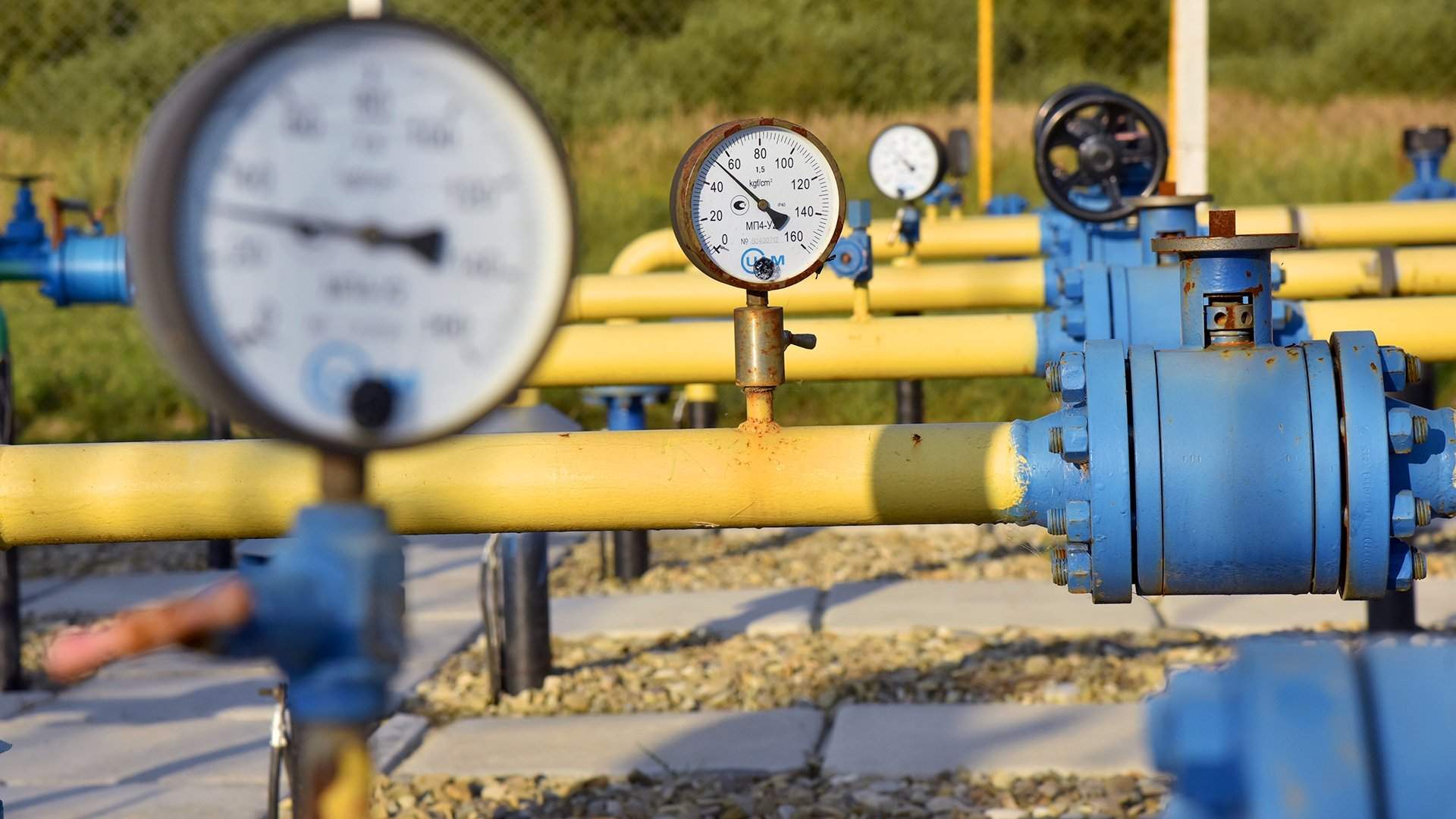
Will Europe survive the winter without Russian pipeline gas?
By Rhod Mackenzie
"Europe's energy crisis is over," states a recent article published by British news agency Reuters. The article is supported by several graphs, conveying a sense of stability within the energy market. Analysts from the agency cite the decline in energy prices, particularly in gas and coal, as evidence that the situation has improved. Additionally, Europe has successfully established new gas, oil, and coal supply schemes within recent months.
The tranquillity of the commodity markets and the positive outlook of Reuters are not indicative of the crisis drawing to a close, as the cause for such events is the weather. Europe has experienced an exceptionally mild autumn in recent weeks, with temperatures exceeding the seasonal norm in both October and the first half of November. Around 17% of the heating season in Frankfurt has already passed, and thus far, heating requirements are almost 38% lower than usual. Additionally, the mild, wet, and windy autumn season in north-west Europe has amplified wind farms' capability in the North Sea and surrounding areas, thereby further diminishing gas consumption. As a consequence, European nations successfully prepared for the winter by filling their underground gas storage facilities (UGS) to their maximum capacity, a new high of 99.6%, exceeding the preceding decade's average of 89% by over 10 percentage points.
Nevertheless, Reuters authors concede that "Europe's ongoing predicament lies in replacing comparably low-cost Russian pipeline gas with relatively costly LNG, imperilling its industrial competitiveness, but this is more of a constant issue than a crisis."
At the same time, there were varying opinions among observers. The chancellor of Germany Olaf Scholz expressed confidence that it is still too early to declare the energy crisis over, despite the complete filling of the UGS. When addressing lawmakers, he emphasised that the high prices of natural gas are still having a significant impact on the German economy. "It is premature to relax," he said. "Storing gas in underground storage facilities, or UGS, to full capacity will only prevent sudden price hikes and not resolve the core issue. Scholz cautioned that there would not be sufficient gas reserves to last the winter in the event of extreme cold weather.
Europe's biggest economies have already suffered significant losses from attempts to manage such crises or chronic problems. Natural gas and electricity prices in Europe have doubled on average since 2016-2021, causing severe impacts on industrialized nations." Germany's energy-intensive industrial production has dropped by roughly 17% since the beginning of 2022 and displays no indications of recuperation. Gas consumption throughout the seven largest consuming nations in the EU - Germany, Italy, France, the Netherlands, Spain, Belgium, and Poland - plunged by 13% within the initial nine months of 2023 in comparison to the ten-year seasonal average. Meanwhile, this year's consumption rate is at thelowest level seen in the last 15 years.
The competitiveness of the German industry has been significantly compromised. Every week brings news of a large enterprise closing in another European country. Last week witnessed two such cases. BMW, the German car manufacturer, has ceased operations in its main facility in Munich, where it has been producing petrol and diesel engines for 60 years. This has resulted in 1,200 people being offered career support. BMW plans to manufacture electric cars in the vacant industrial site in the future.
The French tyre manufacturer Michelin has decided to restructure its German operations, specifically discontinuing the production of new tyres and semi-finished products in Hamburg. The company's production costs have significantly increased in Germany, mainly due to rising energy prices. This has caused a decline in market share and reduced competitiveness. Business restructuring will impact 1,500 individuals.
However, the steel industry is positioned at the epicentre of the crisis. Bernhard Osburg, President of the German Steel Federation and CEO of ThyssenKrupp's steel division, forewarned of a "loss of trust" and indicated a potential move to the United States. The German steel sector employs approximately 80 thousand people and has an indirect impact on about four million jobs.
The Confederation of British Industry has published a report on the current state of the German economy entitled "Pathways for transforming Germany's industry". Furthermore, the Confederation of British Industry provides forecasts for the industry's future. The report examines the energy costs of various types of German companies and makes comparisons between current and future expenses. Presently, industrial electricity costs are two to four times higher in Germany than in the USA, China, and even Spain. In an optimistic prediction, factoring in industry compensation and the growth of renewable energy sources, electricity prices will never revert to the 2019 standard, while in a pessimistic outlook they may even surpass the levels of 2023.
A mild winter may alleviate some of the problems of the struggling European economy, but it will not resolve the issue of persistently costly electricity. The significant difference in prices for this fundamental industrial resource cannot be offset by either labour productivity or increased production. In any event, the progression of essential technologies such as chemistry, metallurgy, and metalworking is at an equivalent degree in both Germany and the USA. They are rapidly advancing towards China, which may have less advanced manufacturing but undoubtedly benefits from lower labour and electricity costs. Against this backdrop, Europe, and especially Germany, has little to counter the challenge from top global industrial players. In a mere year or two, the reliance on raw materials will shift to the first processing stage's outcomes including metals, fertilisers, plastics, fuel, and building materials. In five years, there will be no products emanating from the third and fourth stages. Furthermore, a Europe that has deindustrialised.
